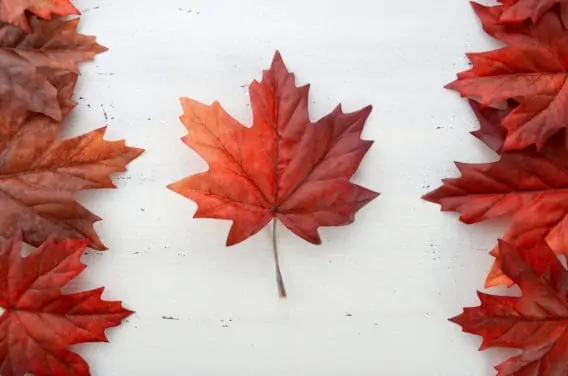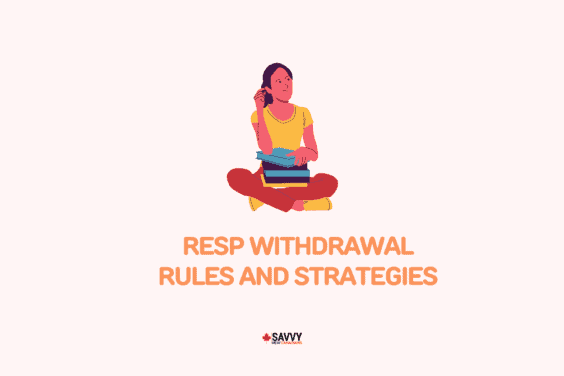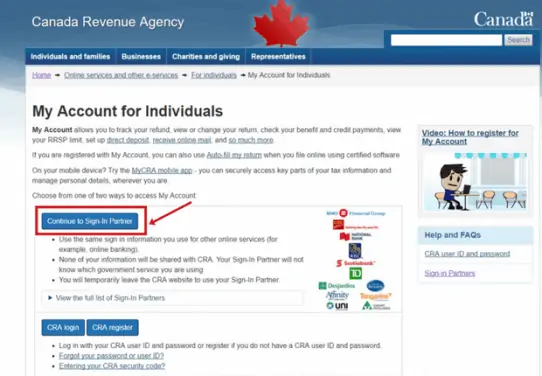Like many countries, tipping is customary and often expected in Canada. There’s certainly no law making this practice mandatory, but if you don’t tip, many service workers may perceive you as rude.
The Canadian tipping etiquette varies across industries, but a common standard for most is to tip 15% to 18% of your bill before tax.
This in-depth post covers the tipping culture in Canada, including guidelines on how much to tip for specific workers and the possible consequences if you don’t leave a tip.
Key Takeaways
- In most service-providing establishments in Canada, you’ll be expected to tip 15% to 18% of the bill before tax.
- Tipping is commonly expected in places where you’re offered personal services, but it’s not as prevalent in locations where you order food to-go or pick up your order on the counter.
Is Tipping Mandatory or Customary in Canada?
While tipping is not mandatory in Canada, this practice is widely customary.
In contrast to some countries where you might only tip if you’re extremely satisfied with the service, not leaving any tip, even for reasons such as receiving subpar service, can be seen as rude behaviour in Canada.
In fact, tipping is so prevalent that many restaurants automatically include a 15% to 18% gratuity charge on your bill if you’re in a large group consisting of 8 or more people.
Tipping is seen as more of a custom practice rather than a reflection of your satisfaction in Canada. Hence, most workers in industries like restaurants, food delivery, bars, hotels, salons, and taxis that offer personal services will expect to receive a tip at the end of their service.
What is the Proper Tipping Etiquette in Canada?
The rule of thumb for tipping in Canada is that if someone provides a personal service for you, it’s expected that you leave a tip at the end of that service, regardless of how impressed you are with their work.
The safest ballpark figure for tipping is to offer 15% to 18% of your bill before taxes. You can choose anywhere within this range based on the quality of service you actually received, but of course, you always have the option to tip more…or less.
Should You Tip Before or After Tax in Canada?
In Canada, you should apply your chosen tipping percentage to the bill amount before taxes are applied. Because of this, if you live in provinces where the sales tax is 15%, such as Nova Scotia and New Brunswick, you can simply tip the same amount as your bill’s tax.
What Happens if You Don’t Tip in Canada?
It really depends on the server or the establishment you’re in. Some workers won’t mind, but it’s certainly not rare to get an uncomfortable side-eye or even a confrontational “Why won’t you tip?” question from the staff if you don’t tip.
Tipping in Canada vs U.S.
The tipping customs in Canada and the U.S. are very similar. In both countries, tipping is deeply ingrained in the culture, and 15% is often considered the minimum tip for many industries.
How Much Should You Tip?
Bars, restaurants, hotels, and taxis are the most common places where tips are almost always expected, so let’s discuss exactly how much you should tip at each of these spots.
Tipping in Canada: Bars
When chilling in bars, consider leaving a dollar or two every time you order a drink or round up your bill to an amount that leaves a bit extra for the tip. If you’re spending bigger amounts, you may just aim for a good old 15% tip.
Tipping in Canada: Restaurants
Restaurants are the home sweet home of the standard 15% to 18% tip. In some cases where you’re with a big group, the bill may already include the gratuity charge.
Tipping in Canada: Hotels
When staying in hotels, you’ll often need to leave a small tip for each staff member who accommodates your needs, including the receptionists, bellhops, housekeepers, and valets.
On average, the standard for tipping hotel staff is to tip $2 to $10 each time a valet or housekeeper provides their services, $1 or $2 per bag for bellhops, and $10 to $15 to the receptionist.
Tipping in hotels is often flexible, so you should be fine as long as you tip a minimum of $2 each time.
Tipping in Canada: Taxis
Consider tipping 10% to 20% to your taxi or Uber drivers in Canada. 10% is standard for the typical rides of just getting from point A to point B, but you may want to tip higher if the driver offers other services, such as helping you out with luggage or guiding you to a location.
FAQs
While it’s not always the case, it’s often considered rude not to tip in Canada. So, if you’re disappointed in the service, for example, it may be best to talk to the person in charge of the establishment rather than withholding the tip altogether.
You don’t need to tip at McDonald’s and similar fast food establishments in Canada. The same is true for other self-serve places.
Yes, tipping in Montreal restaurants is the norm. A no-brainer way to know how much to tip in the city is to simply mimic the total taxes on your bill, which is roughly equivalent to 15%.
The tipping culture in Canada and America is very similar. In both countries, a 15% to 20% tip based on your bill is typically expected.
Related:




With tip-flation, more and more Canadians are skipping the tips:
https://www.cbc.ca/news/business/no-tipping-model-restaurants-1.6755944